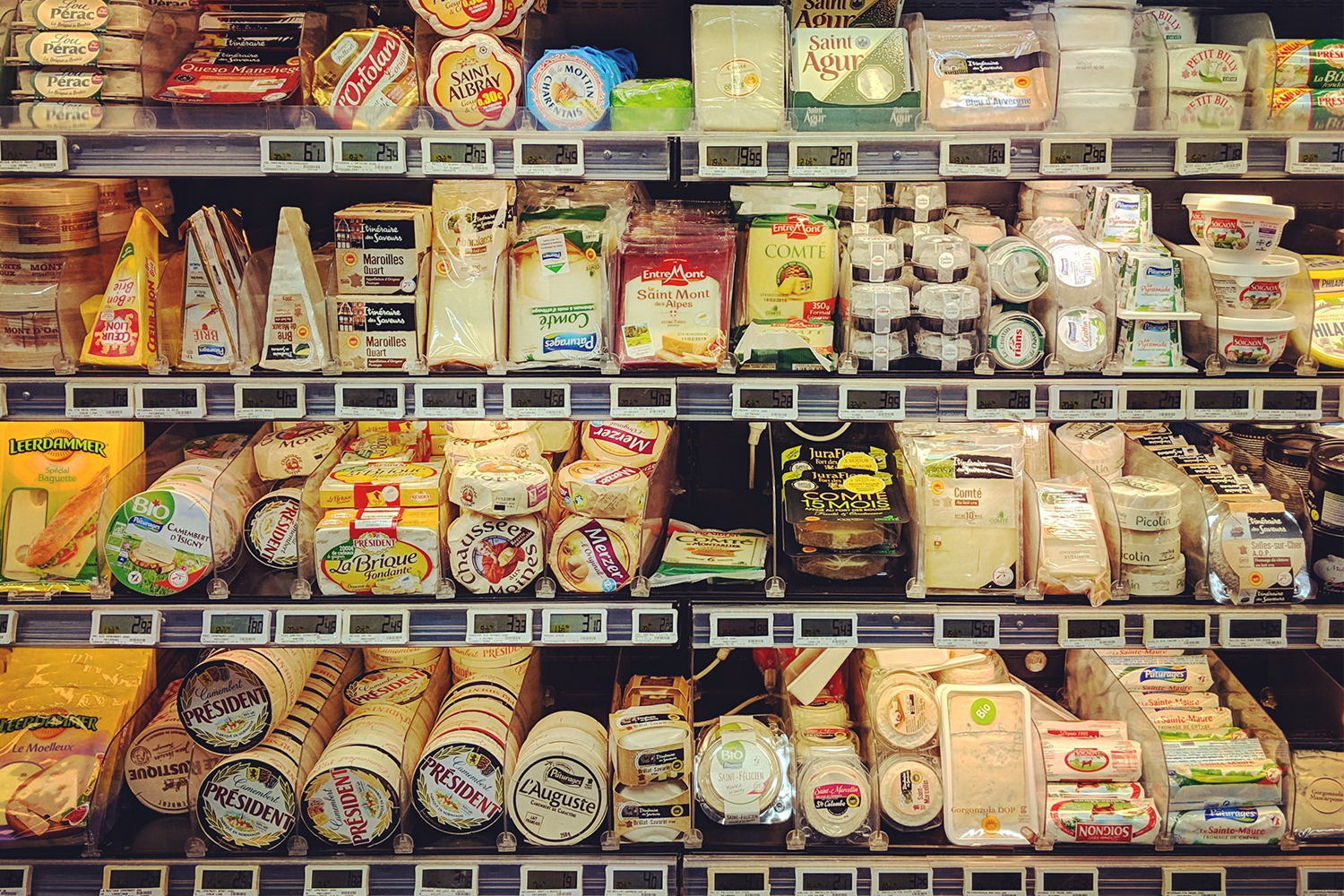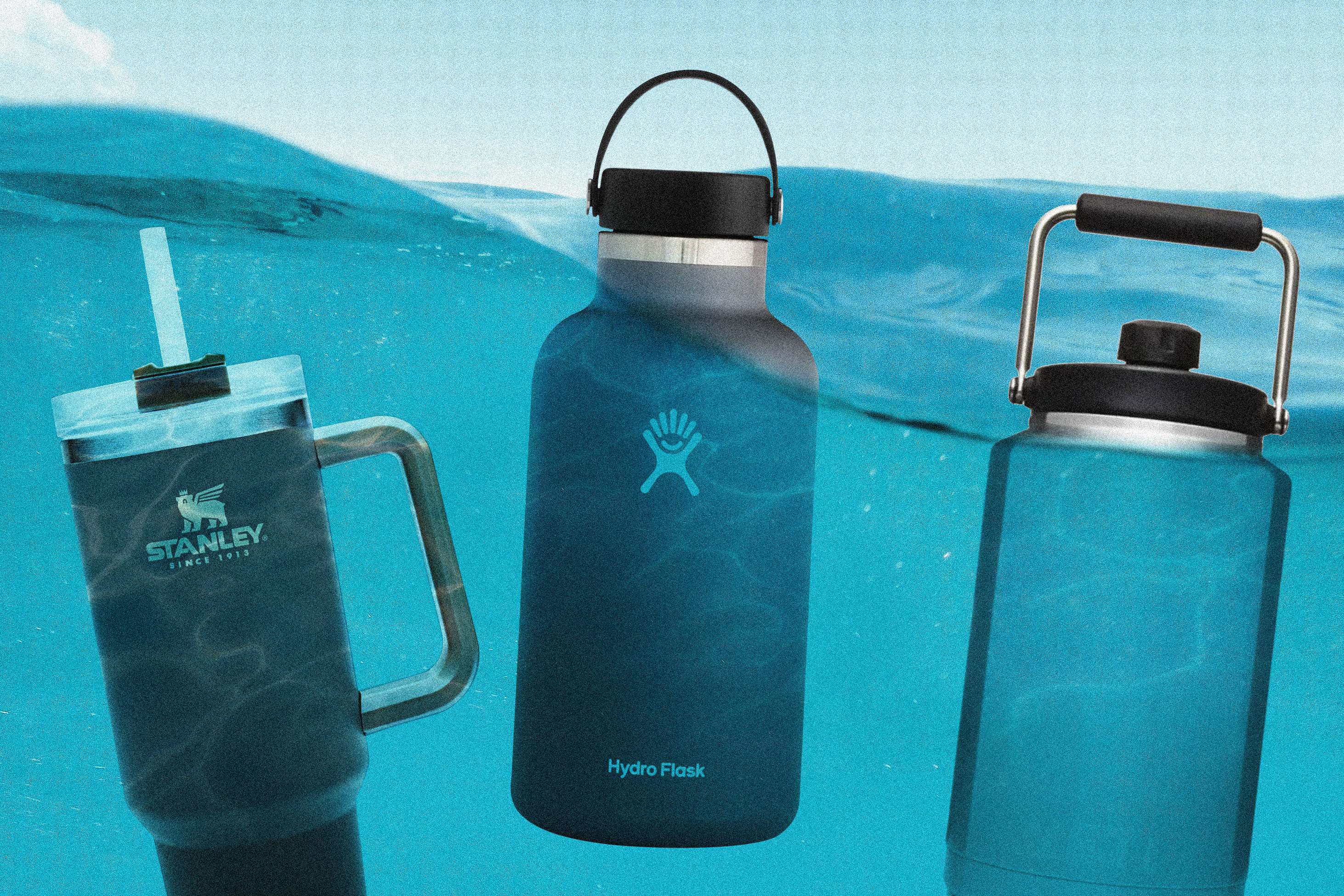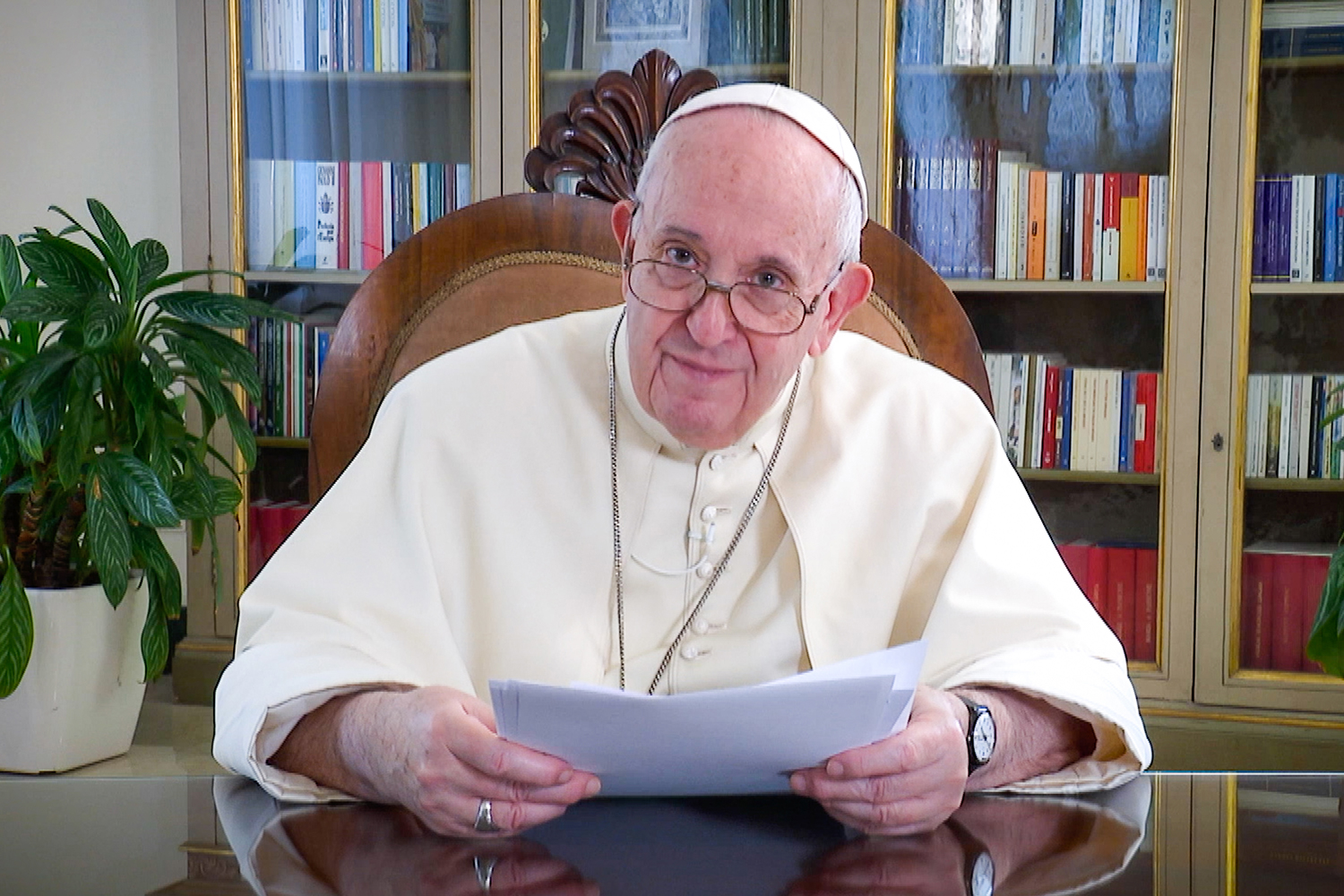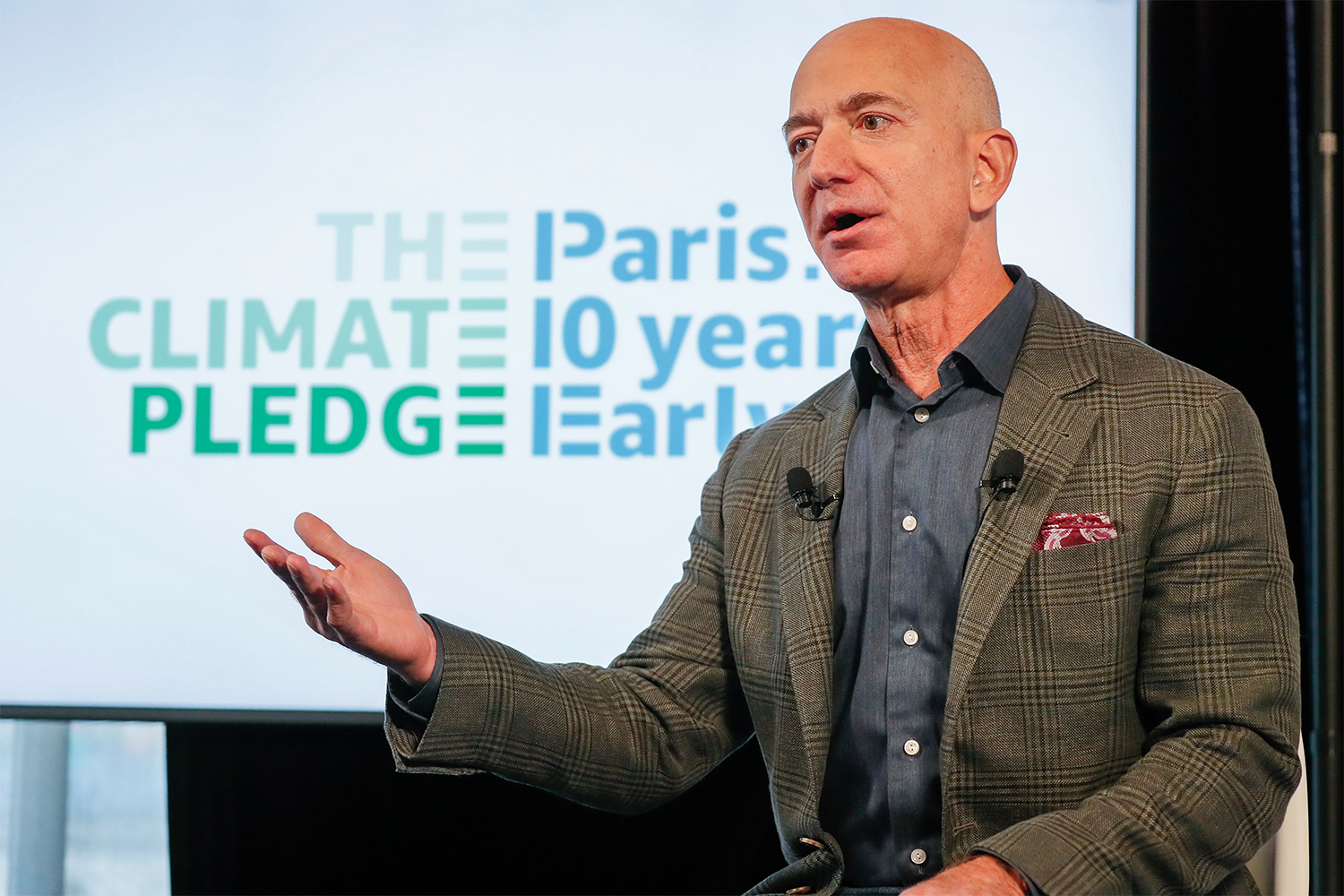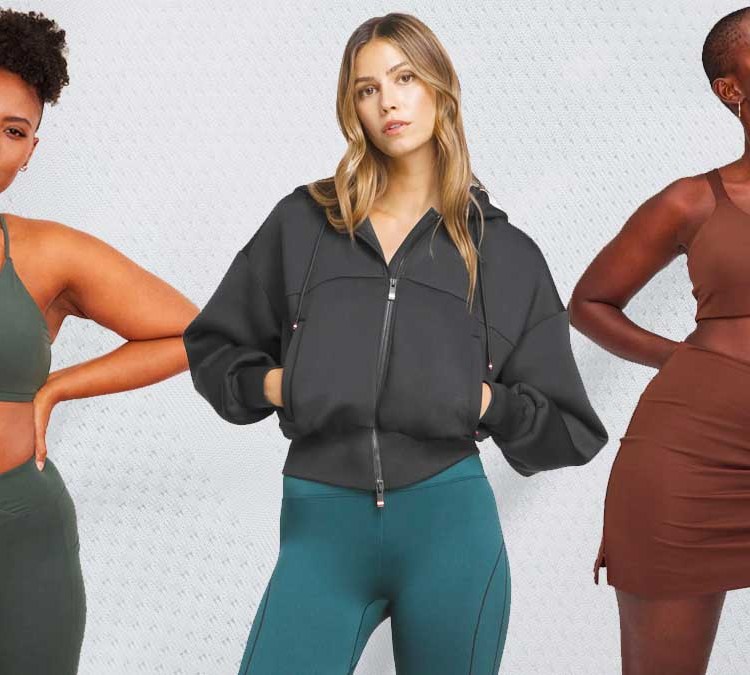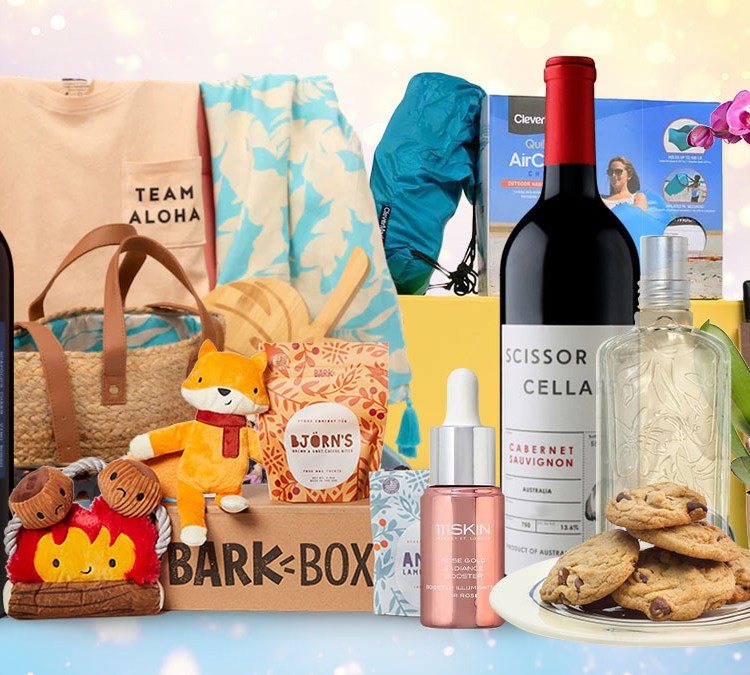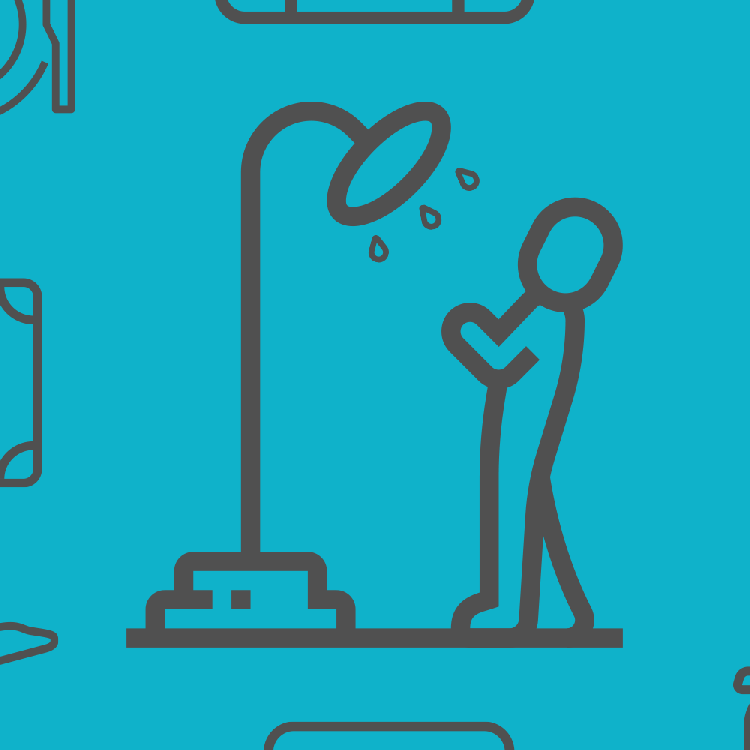I’m going to ask for two favors. First, think about the last time you drank bottled water.
Were you drinking Smartwater to quench your thirst after a run (or on the red carpet) à la Jennifer Aniston? (Oh sorry, it’s Gal Gadot and Pete Davidson now.) Are you subliminally drinking Fiji after scrolling through bottled-water memes? Have you hopped on the alkaline trend? Or are you like my coworker who is a big fan of walking into our office kitchen past the cupboard with glasses, past the water filtration system to the refrigerator and grabbing bottle after bottle of Poland Spring? Whatever it was, think about that plastic bottle of water.
The second favor: Make that the last one you ever drink. At least, make it the last bottled water you drink casually. Because for a lot of people, there is absolutely no excuse to drink water out of single-use plastic bottles on a regular basis.
Let me head off anyone preparing to unleash a rhetorical one-two punch: to those in places like Flint, Michigan or who live in other communities with contaminated water, or to whom bottled water is a necessity born out of some other dire situation, I am not talking to you.
I’m talking to the people with filtered water refill stations in their office kitchens who, instead of bringing their own reusable water bottle, choose to pillage the cases of Nestlé Pure Life stocked in the refrigerator. I’m talking to the office managers who stock it in the first place and the higher-ups who can’t be bothered to change. I’m talking to every celebrity shilling for fashionable water brands (I’m looking at you, Wonder Woman and Pete the serial dater). I’m talking to people who have the ability to drink clean tap water, whether at home or out and about, and choose to instead drink from single-serve plastic that’s currently polluting our planet from sea to shining sea.
Did you know that, according to new research from the Barcelona Institute for Global Health, the impact of bottled water on natural resources is 3,500 times higher than tap water? Just let that sink in: 3,500 times higher! If that doesn’t do the trick, think about the fact that, according to The Guardian, who reported on the findings, “17 [million] barrels of oil are needed to produce the plastic to meet annual bottled water demand” … and that’s just in the U.S.
Did you know that every time you drink those 17 ounces of water and the plastic bottle goes in the trash, it will stay on the planet around 450 years? Of course you do, we’ve been told this over and over again.
Oh, what’s that? You make sure to recycle every single time? Well, if you’ve been paying attention, we really can’t count on recycling to save us. It makes you feel better, sure, but in the words of Inigo Montoya, I don’t think recycling means what you think it means. What if, instead, you just didn’t use plastic water bottles at all?
Is there a point that I’m getting to? Yes, I stated it in the third paragraph, but I’ll rephrase it: I’d like everyone reading this to collectively awake from the biggest marketing con of our time. (Admittedly, I cribbed that line from novelist and journalist Mohammed Hanif in the New York Times, who wrote about the Pakistani water crisis in 2018 and how “the array of bottled waters available on the market is a testament to the fact that humans can be conned into buying anything.” Did I mention you’ve been conned?)
Maybe the reason you can blithely drink bottled water without going into a full-blown existential crisis is because you think we’re drinking less of it than at other times in the past. Reusable straws, tote bags and sustainability are all the rage, right? So wouldn’t that logically mean people as a whole must be consuming less bottled water? No. We’re consuming much, much more.
In fact, the original impetus for writing this screed, apart from my oblivious coworkers, was coming across the stats from the beverage industry back in 2018. According to B2B publication BeverageDaily, bottled water dominated that year. It was the leading beverage category in the U.S. in both revenue and volume (around 14 billion gallons) and was “likely to see more growth in the next few years.” According to new reports, that growth has come to pass in the years since. So all that talk about eco-friendliness and using less plastic? It’s certainly not happening here.
Today, it’s that new comparison between plastic water bottles and tap water out of Barcelona, which succinctly shows the utter insanity of what seems like a simple act — picking up a plastic bottle of water from the gas station, a bodega or out of a cooler at a barbecue — that has inspired me to update this story for 2021. Bottled water hasn’t gone anywhere since I originally wrote this, but maybe we can still collectively change our behavior.
Look, I’m not here to sell you anything, not even a reusable water bottle. Chances are you’ve got one! So for the love of all the turtles and the whales and the crabs and your fellow human beings, just use it already. Maybe you’ve got a branded S’well bottle from some random event, so just slap a sticker over the corporate logo. Or maybe you’ve got a Nalgene sitting in a gym bag you haven’t used in a month, so break it out. Or ask your friends. Or email me, I’ve got a couple extra lying around (though maybe we can save the emissions from shipping and you can just find one in your vicinity).
I’ll admit, the enormity of the problems currently facing humanity can easily lead to inaction. The most obvious of these are climate change and pollution. But even if you break up that fundamental catastrophe into smaller pieces, they’re still too big for most people to comprehend, and consequently too big for most people to do anything about. So today, just do one teeny tiny thing. Just stop drinking bottled water when you don’t need to.
For a lot of people, cutting plastic bottles of water out of your life is one of the simplest actions you can take to stop polluting the planet.
Can you really not do the simplest thing?
This article was featured in the InsideHook newsletter. Sign up now.

